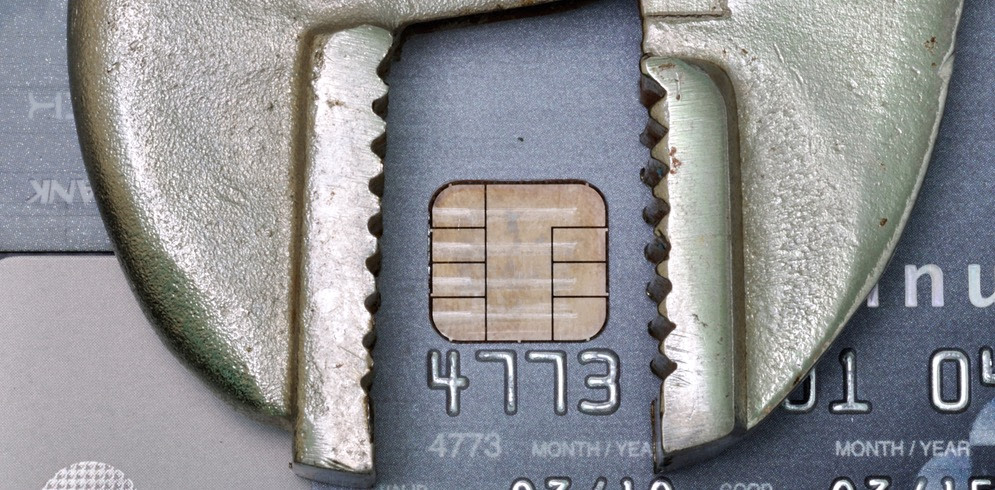 Credit scores are like report cards for grownâ€ups. The score you get ranges from 300 to 900. Your score indicates your creditworthiness to potential lenders, banks, landlords, insurance companies, and even to some employers. The higher your score the better. Credit scores are like report cards for grownâ€ups. The score you get ranges from 300 to 900. Your score indicates your creditworthiness to potential lenders, banks, landlords, insurance companies, and even to some employers. The higher your score the better.
1. Get a Copy of Your Credit Report
Make an inquiry once a year, twice is much better. If you are planning on purchasing anything that requires a credit check, keep track of your credit. This is something that is 100% in your control. As a consumer you have ability to make a soft/consumer inquiry to Equifax as many times as you want without it affecting your score. Here is a link to Equifax. If something doesn’t look right, contact the creditor immediately. Don’t wait to report an incorrect or fraudulent transaction. Is there an outstanding collection? If so, deal with it immediately, and by that I mean pay it. Then argue to get your money back. Do not leave this on your credit report hoping that it will disappear. No matter what, the collection will not be removed until it’s paid unless taken to litigation. Once dealt with, it will still take months to recover the points lost and 6 years to fall off your credit report. |
